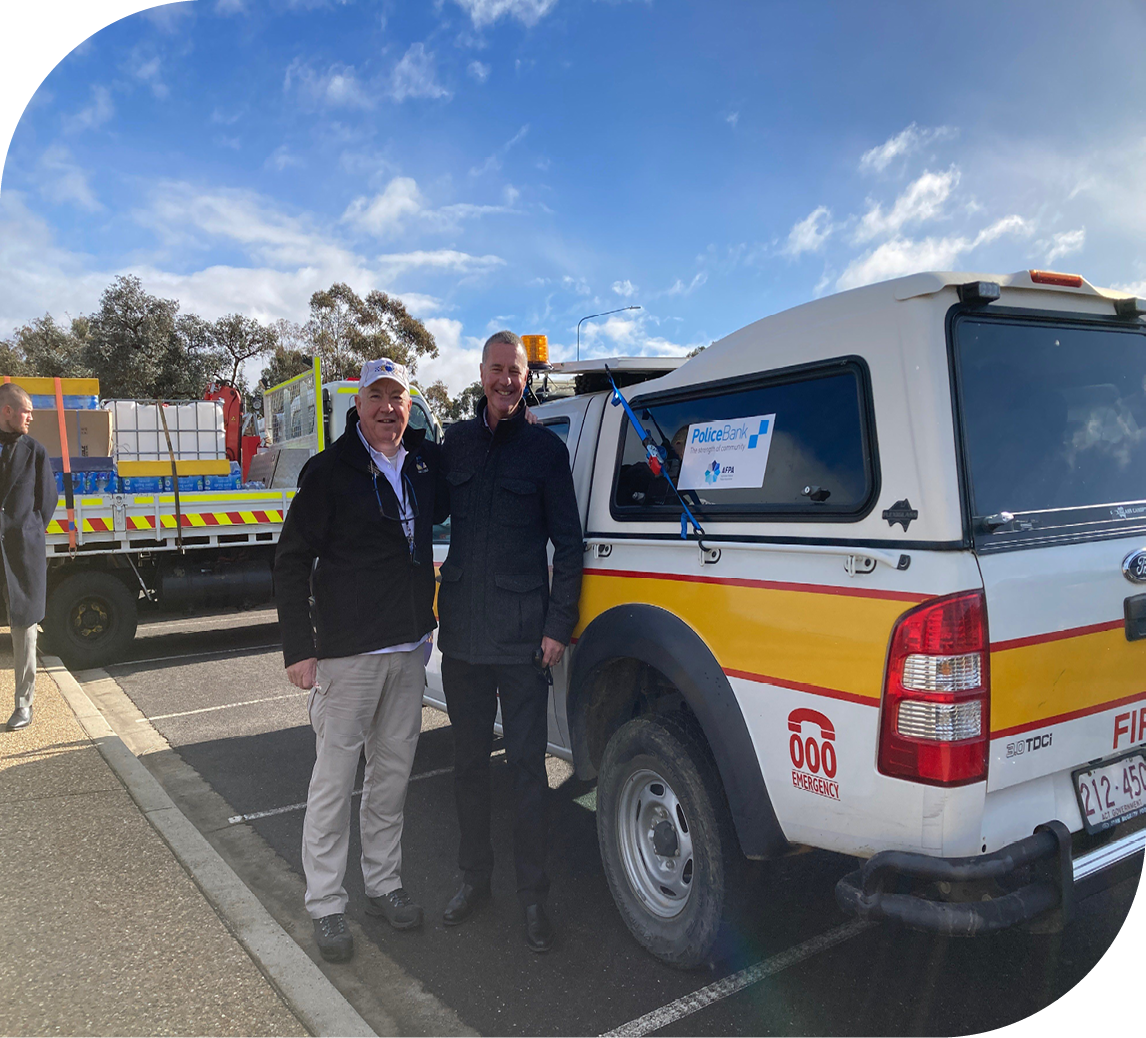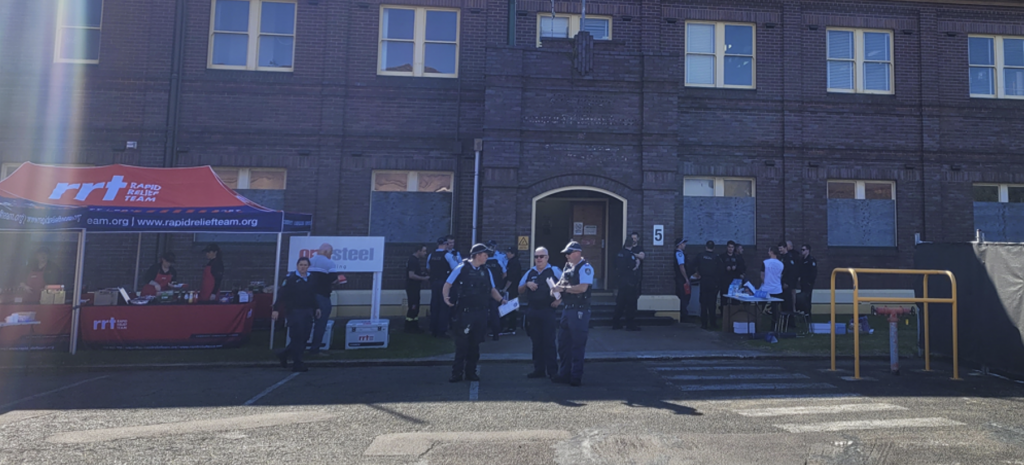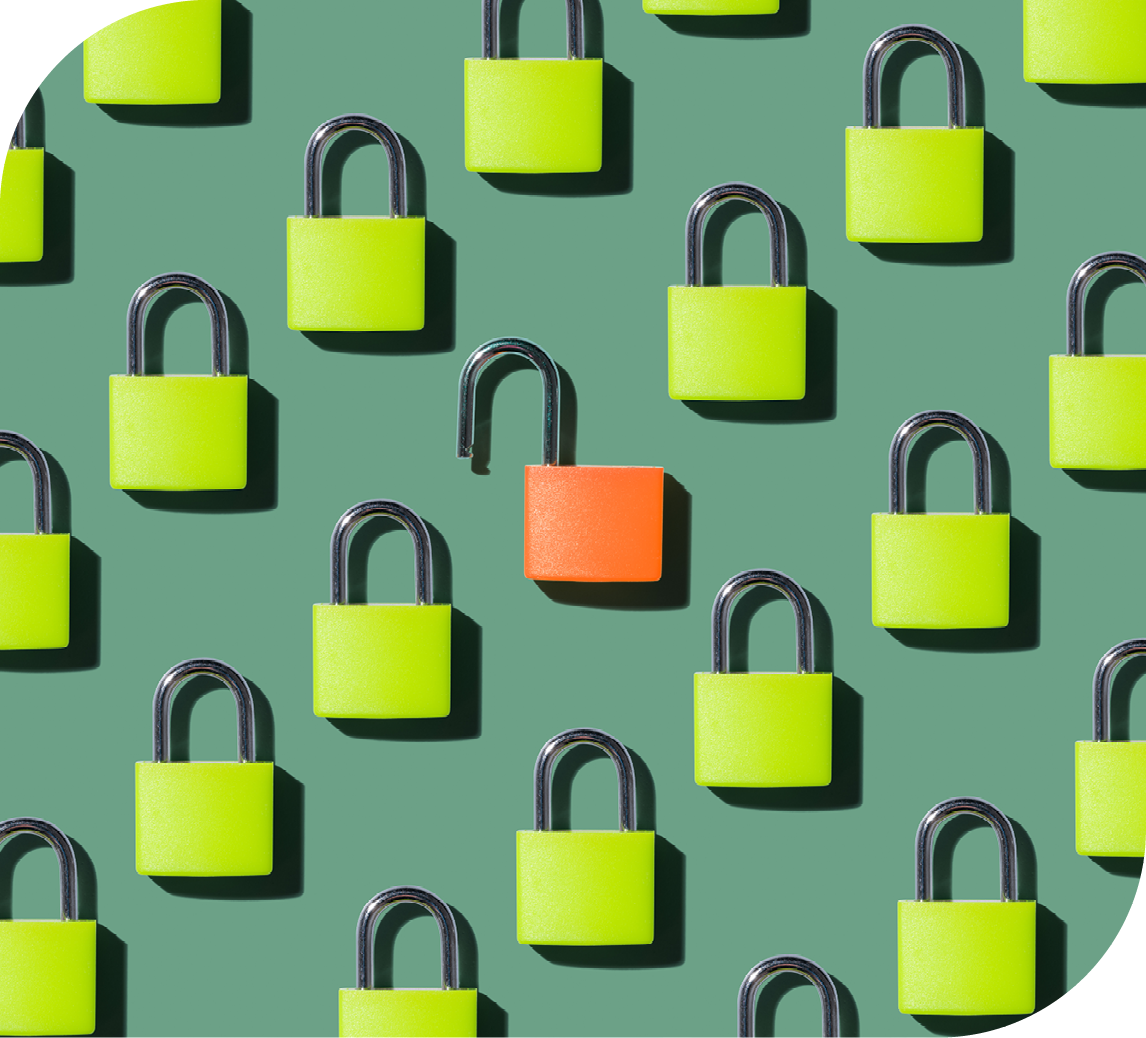If you’ve spent a bit more than you planned in the first half of the year, now could be the right time to make a debt plan. These tips may help.
Many of us are feeling the pinch at the moment, thanks to high inflation and interest rates. Some have turned to credit cards or other loans to get through the first half of the year.
While taking on extra debt can be a short-term fix, it can also create household stress. If you’re hoping to squash some of your recent debt, here are a few strategies that may be worth thinking about.
1. Work out the full picture and a plan
If you’ve got different types of debt, it can be useful to document the amount, the interest rate, minimum payment, and type (holiday, car, etc.) in a spreadsheet or on a piece of paper. Once you have the full picture, it may be easier to work out an approach for chipping away at the money you owe.
Popular strategies include: the debt snowball, where you pay off small debts first; the debt avalanche, where you target larger or higher-interest forms of debt first; and debt consolidation, where you merge forms of debt into a single account.
No debt strategy works for everyone, so it’s about seeing what may work best for you and your circumstances. If you’re not sure or feel overwhelmed, you can speak to a professional, like a financial planner or a financial counsellor (see details at the end of this article).
2. See if making cutbacks can help
To pay off debt, we generally either need to find savings in the budget or earn more. The latter isn’t always easy, but sometimes things can be cut out of weekly or monthly spending lists to help pay down money owed.
Examples of potential things to save on include meals out, brand-name groceries, monthly entertainment subscriptions and things like phone or energy plans.
Once you’ve found a bit extra in the budget, the idea is to channel that extra money towards debt.
3. Know when to get extra help
Some people find their debt has got away from them and they may need a bit of extra assistance to get it back under control. If you’re in this position, there are several things you can do, such as:
- Speak to us, at Police Bank – If there are special circumstances that have stopped you from making repayments, we may be able to work out a strategy to help.
- Contact a financial counsellor – You can speak to someone for free via the National Debt Helpline on 1800 007 007.
If you’re not in immediate trouble, but do want some debt planning, you can also speak to a financial planner for personalised advice – but this comes with a fee.
Ultimately, everyone tackles debt in a slightly different way, so it’s worth spending a bit of time to figure out what works for you.
General advice warning:
The information provided on this webpage is intended to provide general information only and the information has been prepared without taking into account any particular person’s objectives, financial situation or needs. Before acting on such information, you should consider the appropriateness of the information having regard to your personal objectives, financial situation or needs.












